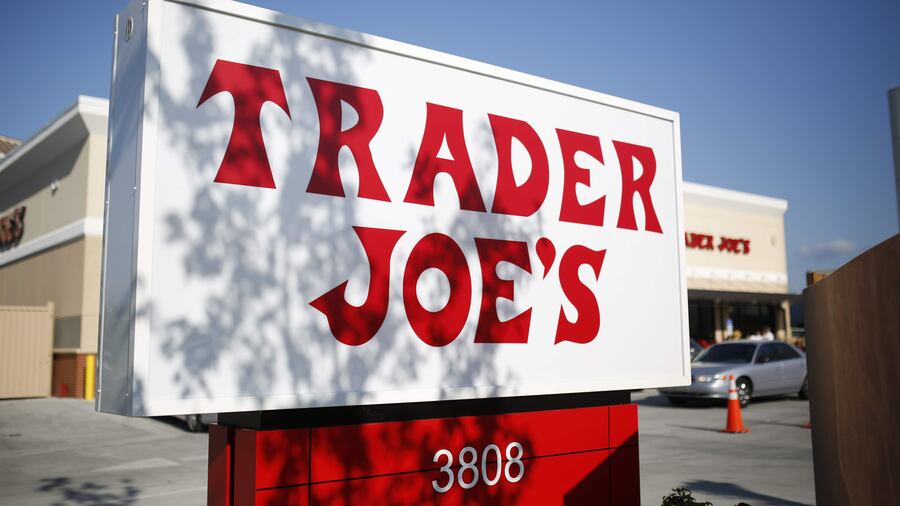
Process Over Ego: How a 3-Year Negotiation Unlocked a 51% ROI
Three years of "no" before one "yes."
Most developers would have moved on after six months. The conventional wisdom says anchor tenant negotiations shouldn't drag beyond a year, especially when you're competing against Publix's iron grip on Florida's grocery market.
But I was in charge of running the numbers. I knew what securing not just any grocer, but Miami Dade County’s third Trader Joe's could mean for our South Florida mixed-use project.
The Market Reality
Publix controls 43 percent of Florida's retail grocery market (over 60% back in 2019-2020). Add Walmart's 29 percent, and you're looking at 72 cents of every grocery dollar locked up by two players.
Breaking into that dominance requires more than good intentions. It demands strategic patience, financial modeling, and persistent follow-up that most boutique developers simply can't sustain.
Forty-Seven Iterations (at least)
The negotiation consumed forty-seven proforma revisions. Each iteration addressed different variables: construction timelines, design requirements, parking allocations, and co-tenancy clauses that seemed to shift with every market update.
Trader Joe's doesn't negotiate like typical retailers. Their site selection process reflects their selective expansion strategy - only 547 stores nationwide by 2024. Every location decision carries weight.
Our extensive site selection process and high quality institutional developments gave me an advantage here. We were managing over $600 million in mixed-use projects, with two projects in the area purpose-designed for a grocer and 700 apartment units. I was able to continue pushing forward and iterating, much to the dismay of our construction and design team.
The Persistence Premium
The breakthrough came in year three when market conditions and Trader Joe’s internal processes finally aligned with our structure. Timing, it turned out, mattered as much as terms.
The payoff validated every revision. Properties near Trader Joe's generate average ROI of 51 percent compared to 41 percent for Whole Foods locations. Anchor tenants attract five times more visitors than average retail stores. That traffic translated directly into premium pricing power for our boutique multifamily units, and the real value multiplier hitting our residential component with a low cap rate was the ultimate goal.
Strategic Lessons
The Trader Joe's negotiation taught me that institutional due diligence scales down effectively to boutique projects. The same systematic approach that worked on $600 million developments creates competitive advantages in smaller urban sites.
For our investor base - high net worth individuals and family offices building generational wealth - this case study demonstrates why we emphasize process over ego in underwriting. The three-year timeline might seem excessive, but the value creation justified every month of persistence.
The Compound Effect
Today, my company focuses on getting the same price premium for our residences without the 3-years or headaches that negotiating with and building for Trader Joe's brings. Our investors see the kind of risk-adjusted returns that build lasting wealth without the risk and timeline.

